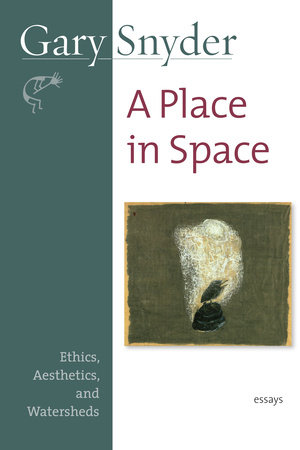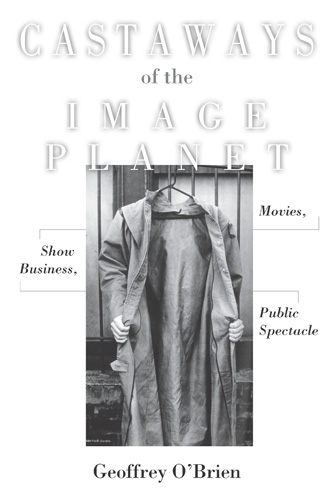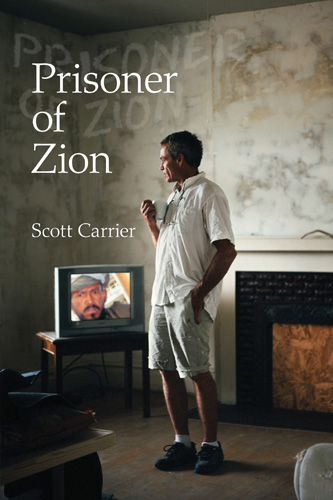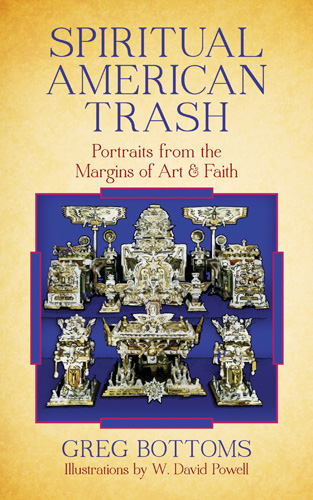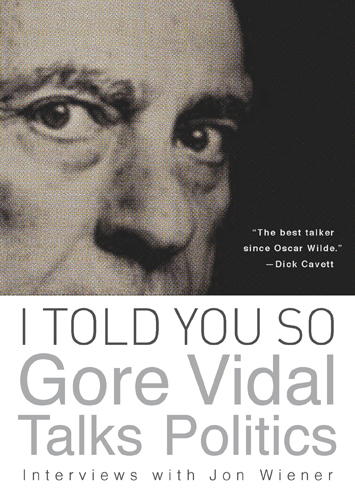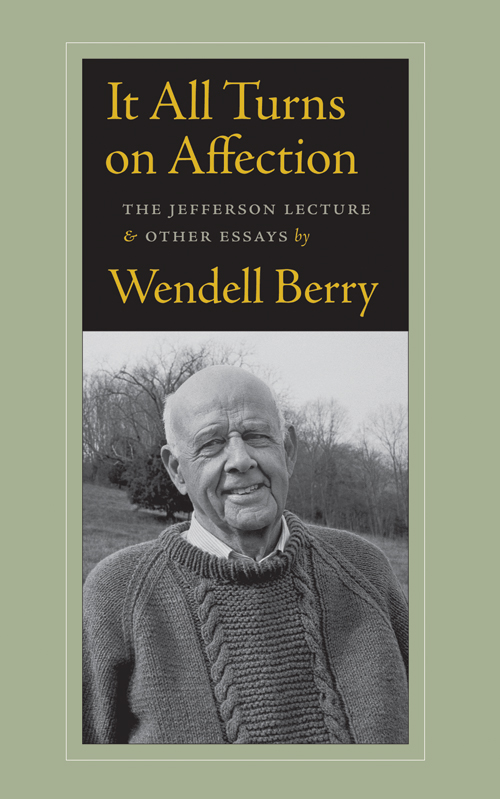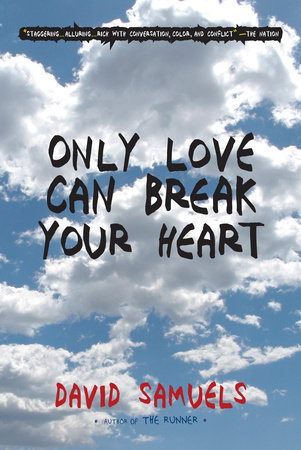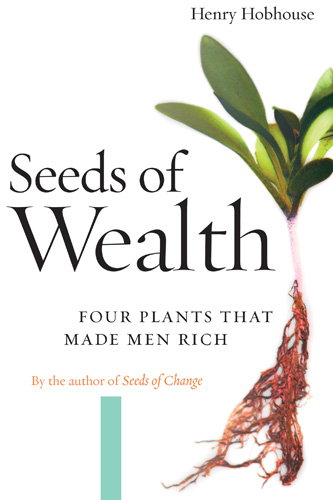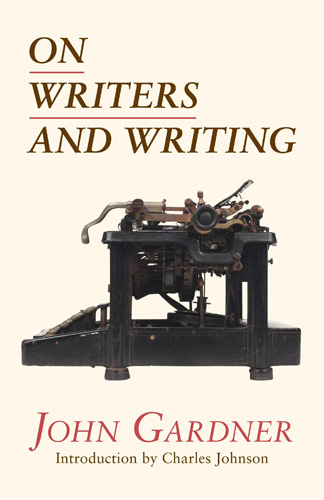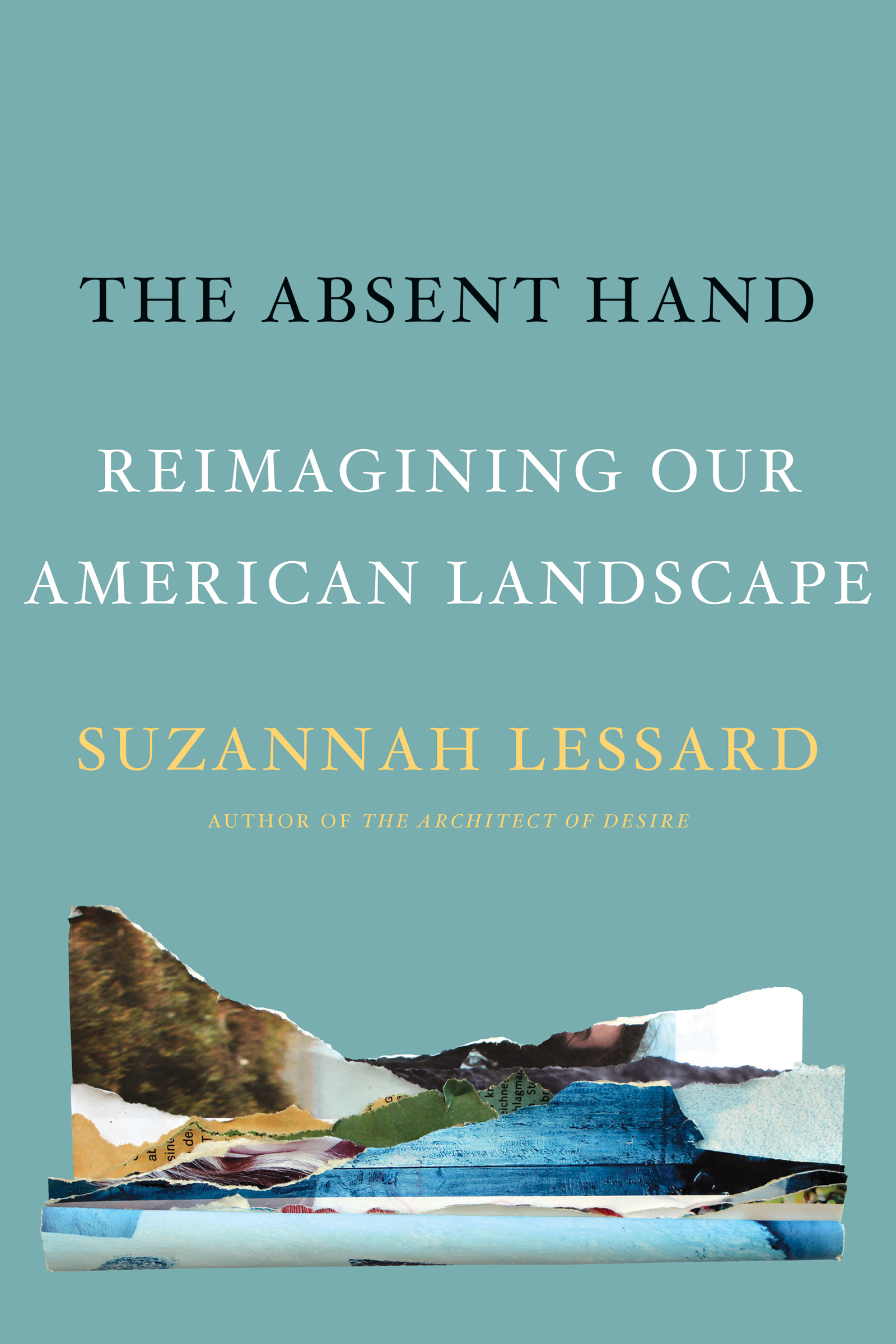
Book Description
“Of beach plums, ramps, and Ramada Inns: a quietly sensitive eminently sensible consideration of the landscapes of our lives . . . A gift.” —Kirkus Reviews
Following her bestselling The Architect of Desire, Suzannah Lessard returns with a remarkable book, a work of relentless curiosity and a graceful mixture of observation and philosophy. This intriguing hybrid will remind some of W. G. Sebald’s work and others of Rebecca Solnit’s, but it is Lessard’s singular talent to combine this profound book–length mosaic— a blend of historical travelogue, reportorial probing, philosophical meditation, and prose poem—into a work of unique genius, as she describes and reimagines our landscapes. In this exploration of our surroundings, The Absent Hand contends that to reimagine landscape is a form of cultural reinvention.
This engrossing work of literary nonfiction is a deep dive into our surroundings—cities, countryside, and sprawl—exploring change in the meaning of place and reimagining the world in a time of transition. Whether it be climate change altering the meaning of nature, or digital communications altering the nature of work, the effects of global enclosure on the meaning of place are panoramic, infiltrative, inescapable. No one will finish this book, this journey, without having their ideas of living and settling in their surroundings profoundly enriched.
Praise For This Book
Praise for The Absent HandA New York Times Book Review Editors' Choice
A Big Other Most Anticipated Small Press Book of the Year
"Half memoir, half cri de coeur, Lessard’s lambent, thoughtful, exquisitely written collection of interconnected essays dissects—as an art historian would a picture, a literary critic a text, a medical examiner a cadaver—a diverse swath of America, from Gettysburg and the King of Prussia Mall in Pennsylvania to Truth or Consequences, N.M.; from the seat of an airplane, 30,000–odd feet above Alaska, to the stoops and sidewalks of Brooklyn during the 1990s; from Georgetown, in Washington, where the author used to live, to Youngstown, Ohio." —Michael Kimmelman, The New York Times Book Review
"Unusual and engaging . . . A subjective, Whitmanesque meditation on the way we live today . . . What makes this book compelling is not so much where the author goes, but how she reflects on what she sees when she gets there . . . Her wonderfully trenchant observations cast new light on the everyday.” —Witold Rybczynski, The Wall Street Journal
"In an elegant series of essays, New Yorker contributor Lessard (The Architect of Desire) explores the American landscape as a metaphor for recent shifts in the national consciousness . . . Throughout, Lessard offers an extraordinary way of examining and understanding the aesthetics of different environments, whether urban, suburban, or bucolic, which will inspire readers to look with new curiosity at the places around them." —Publishers Weekly (starred review)
“Suzannah Lessard has a truly penetrating intelligence, and here she turns it on a truly compelling target: the landscape that surrounds us, and which we too often see as background if we see it at all. Reading this book will, no kidding, let you look at the world in a new way, and that is a remarkable gift.” —Bill McKibben, author of Falter: Has the Human Game Begun to Play Itself Out?
“The Absent Hand: Reimagining Our American Landscape is a place–based book in the deepest sense. Lessard's keen observations about selected landscapes in which she has thoroughly immersed herself in order to parse their broader underlying meanings ranks her style with Thoreau's experiential mode of writing. The book is pitch–perfect and filled with cogent philosophical interpretations, a loving and shrewd appraisal of the physical fabric of our once– and still–beautiful but fraught country.” —Elizabeth Barlow Rogers, president of the Foundation for Landscape Studies
“The Absent Hand is like no other book I have read, narrated by a writer whose perceptions and language are as radically original as they are eloquent. Observed with a gentle irony, an abiding lyricism, and an acute sense of the comfortable pieties we live by, Suzannah Lessard's hybrid creation—part memoir, part history, part literary criticism, and part sociological document—is an elegy to the all–but–lost power of landscape. Whether commenting on an abandoned but still vibrant village in the Hudson River Valley, 'suburbaphobia' among the educated elite, the 'peculiar stillness' of Sheraton hotel rooms, or the complex artifice of the Disney vision, The Absent Hand explores the way we inhabit the space around us, physically as well as mentally, individually as well as collectively. It is a wise as well as poignant book, leavened by flashes of humor—one that will make you think about the bargains we have made with our natural surroundings and the price we have paid for them.” —Daphne Merkin, author of This Close to Happy
“One of Suzannah Lessard's great gifts is that of seeing, of discerning and explaining the details most of us skip past. She is also gifted at conveying this precise view. Everyone who reads this book will see the American landscape differently, in its urban and rural variety and splendor and disrepair. Readers will also have a clearer appreciation for what is beautiful and why—and of how the unlovely might be restored.” —James Fallows, coauthor of Our Towns
“In a series of finely tuned essays that track the author's journey from the Hudson Valley into the Midwest and the South, Lessard explores the relationship between humanity and place that once defined us but, she argues, doesn't any longer.” —Jonathan Hahn, Sierra
“This book of thought–provoking essays queries the nature of place, asking landscapes to reveal their meanings . . . [Lessard] eloquently asks us to look harder at our surroundings, and ask better questions about what we see.” —James S. Russell, Architectural Record
“Of beach plums, ramps, and Ramada Inns: a quietly sensitive, eminently sensible consideration of the landscapes of our lives . . . A gift.” —Kirkus Reviews
“This genre–blurring work of criticism—part history, part travel diary, part personal narrative—explores the contradictions of the American landscape. In episodic chapters, Lessard probes a medley of places: the mountain villages of upstate New York; Brooklyn housing projects; the sprawl and megamall of King of Prussia, Pennsylvania; and plantations in Natchez, Mississippi . . . As Lessard alternates between narrative and analysis, what begins as a pastiche of vignettes builds into an entrancing reconsideration of America’s history, from the spaces of the antebellum South through the landscapes of the Cold War and beyond . . . A stellar work of landscape criticism, a rapturous meditation on the revelatory power of place.” —Booklist
“The value of her decades of research is undeniable . . . In this ambitious work, place is examined, deconstructed and incrementally illuminated, even as our landscape changes anew. This broad social–historical consideration of American landscapes will satisfy and challenge the most serious reader.” —Shelf Awareness
“Part memoir, part examination of the American cultural landscape. Lessard offers a unique and necessary perspective on the deterioration of our society’s connection to the landscape, manifested most prominently in the book as sprawl.” —Aaron King, The Dirt








